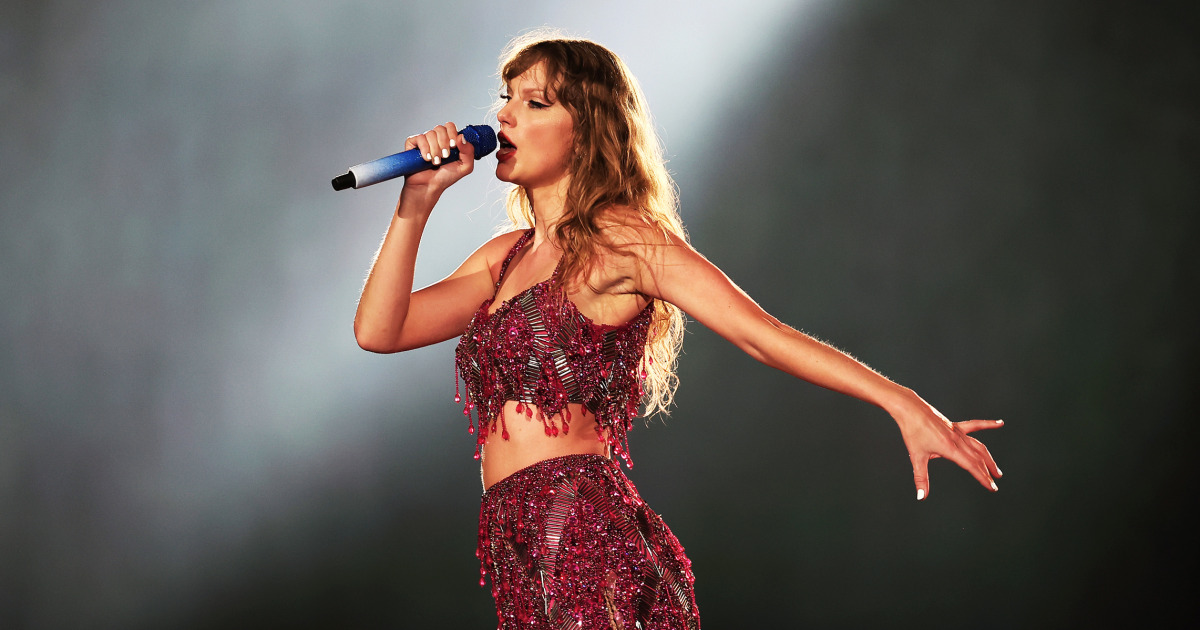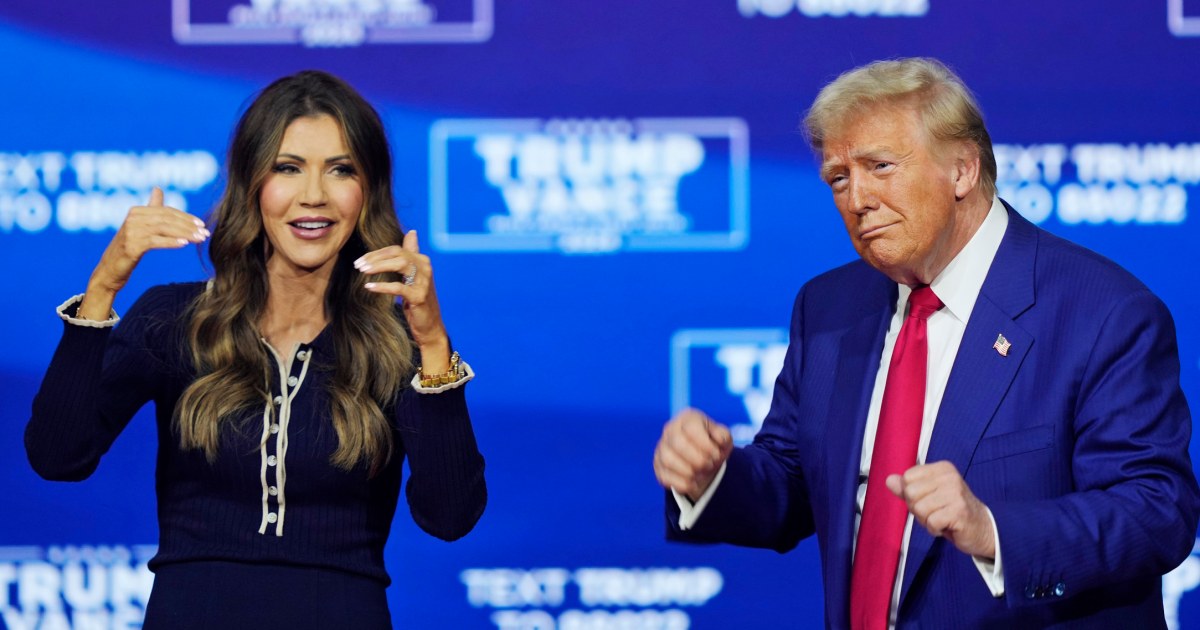Re #544
William McKinley is having a moment (which I confess is a sentence I never expected to write).
Republican presidential nominee Donald Trump is elevating McKinley, representative from Ohio from 1877 to 1891 and president from 1897 to 1901, to justify his plan to impose new high tariffs.
Trump’s call for tariffs is not an economic plan; it is a worldview. Trump claims that foreign countries pay tariff duties and thus putting new tariffs of 20% on all imports, and as much as 60% on Chinese imports, will bring enough foreign money into the country to fund things like childcare, end federal budget deficits, and pay for the tax cuts he wants to give to the wealthy and corporations.
This is a deliberate lie. Tariffs are essentially taxes on imported products, and they are paid not by foreign countries but by American consumers. Economists warn that Trump’s tariff plan would cost a typical family an average of more than $2,600 a year, with poorer families hardest hit; spike inflation as high as 20%; result in 50,000 to 70,000 fewer jobs created each month; slow economic growth; and add about $5.8 trillion in deficits over ten years. It would tank an economy that under the Biden administration, which has used tariffs selectively to protect new industries and stop unfair trade practices, has boomed.
Trump simply denies this economic success. He promises to make the economy great with a tariff wall. On September 27, he told rally attendees in Warren, Michigan: “You know, our country In the 1890s was probably…the wealthiest it ever was because it was a system of tariffs and we had a president, you know McKinley, right?... He was really a very good businessman, and he took in billions of dollars at the time, which today it’s always trillions but then it was billions and probably hundreds of millions, but we were a very wealthy country and we’re gonna be doing that now….”
By pointing to McKinley’s presidency to justify his economic plan, Trump gives away the game. The McKinley years were those of the Gilded Age, in which industrialists amassed fortunes that they spent in spectacular displays. Cornelius and Alva Vanderbilt’s home on New York’s Fifth Avenue cost more than $44 million in today’s dollars, with stables finished in black walnut, cherry, and ash, with sterling silver metalwork, and in cities across the country, the wealthy dressed their horses and coachmen in expensive livery, threw costly dinners, built seaside mansions they called “cottages,” and wore diamonds, rubies, and emeralds. When the daughter of a former senator married, she wore a $10,000 dress and a diamond tiara, and well-wishers sent “necklaces of diamonds [and] bracelets of diamonds, sapphires, and rubies.”
Americans believed those fortunes were possible because of the tariff walls the Republicans had begun to build in 1861. Before the Civil War, Congress levied limited U.S. tariffs to fund the federal government, a system southerners liked because it kept prices low, but northerners disliked because established industries in foreign countries could deliver manufactured goods more cheaply than fledgling U.S. industries could produce them, thus hampering industrial development.
So, when the Republican Party organized in the North in the 1850s, it called for a tariff wall that would protect U.S. manufacturing. And as soon as Republicans took control of the government, they put tariffs on everything, including agricultural products, to develop American industry.
The system worked. The United States emerged from the Civil War with a booming economy.
But after the war, that same tariff wall served big business by protecting it from the competition of cheaper foreign products. That protection permitted manufacturers to collude to keep prices high. Businessmen developed first informal organizations called “pools” in which members carved up markets and set prices, and then “trusts” that eliminated competition and fixed consumer prices at artificially high levels. By the 1880s, tariffs had come to represent almost half a product’s value.
Buoyed by protection, trusts controlled most of the nation’s industries, including sugar, meat, salt, gas, copper, transportation, steel, and the jute that made up both the burlap sacks workers used to harvest cotton and the twine that tied ripe wheat sheaves. Workers, farmers, and entrepreneurs hated the trusts that controlled their lives, but Republicans in Congress worked with the trusts to keep tariffs high. So, in 1884, voters elected Democrat Grover Cleveland, who promised to lower tariffs.
Republicans panicked. They insisted that the nation’s economic system depended on tariffs and that anyone trying to lower them was trying to destroy the nation. They flooded the country with pamphlets defending high tariffs. Cleveland won the popular vote in 1888, but Republican Benjamin Harrison won the electoral votes to become president.
After the election, steel magnate Andrew Carnegie explained that the huge fortunes of the new industrialists were good for society. The wealthy were stewards of the nation’s money, he wrote in what became known as The Gospel of Wealth, gathering it together so it could be used for the common good. Indeed, Carnegie wrote, modern American industrialism was the highest form of civilization.
But low wages, dangerous conditions, and seasonal factory closings and lock-outs meant that injury, hunger, and homelessness haunted urban wage workers. Soaring shipping costs meant that farmers spent the price of two bushels of corn to get one bushel to market. Monopolies meant that entrepreneurs couldn’t survive. And high tariffs meant that the little money that did go into their pockets didn’t go far. By 1888 the U.S. Treasury ran an annual surplus of almost $120 million thanks to tariffs, seeming to prove that their point was to enable wealthy men to control the economy.










